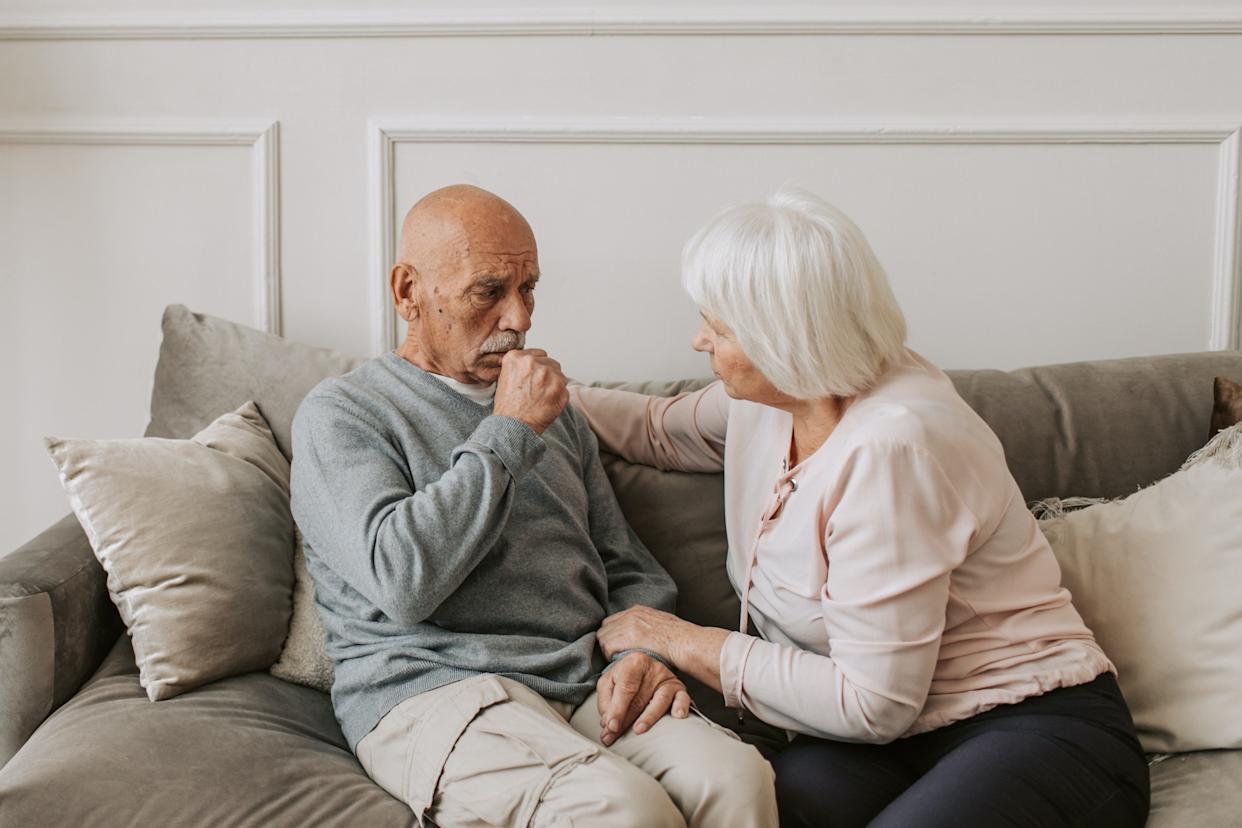Blog
Understanding Sundowning: How Caregivers Support Seniors with Late-Day Confusion

For many families caring for a loved one with Alzheimer’s disease or dementia, evenings can be the most challenging part of the day. A condition known as sundowning often brings confusion, agitation, or restlessness in the late afternoon and evening hours. While mornings may feel calm, evenings can become stressful for both seniors and their caregivers.
Sundowning can be difficult to watch and even harder to manage, but with understanding and the right support, its effects can be eased. Professional caregivers play a key role in helping seniors navigate this daily challenge while providing families with peace of mind.
What Is Sundowning?
Sundowning is a term used to describe increased confusion, agitation, or anxiety that occurs later in the day for individuals with dementia. Symptoms may vary but often include:
- Irritability or mood swings.
- Pacing or wandering.
- Trouble communicating or following directions.
- Difficulty sleeping or resisting bedtime.
- Heightened confusion about time and place.
Not every senior with dementia experiences sundowning, but for those who do, it can significantly affect the quality of life for both them and their caregivers.
Why Does Sundowning Happen?
The exact cause of sundowning is not fully understood, but several factors may contribute:
- Fatigue: As the day wears on, tiredness can amplify confusion.
- Disrupted body clock: Dementia often affects circadian rhythms, making it harder for seniors to separate day from night.
- Environmental changes: Dim lighting, shadows, or overstimulation may trigger anxiety.
- Unmet needs: Hunger, thirst, or pain can lead to restlessness if not expressed or addressed.
By recognizing these triggers, caregivers can take steps to create calmer, more predictable evenings.
How Caregivers Support Seniors with Sundowning
Professional caregivers are trained to recognize the signs of sundowning and respond with patience and skill. Their strategies often include:
1. Establishing a Steady Routine
Consistency helps reduce anxiety. Caregivers create daily schedules that include regular mealtimes, activities, and rest periods, so evenings feel more predictable.
2. Encouraging Rest Earlier in the Day
Caregiver’s help seniors take short naps or breaks to prevent fatigue, while avoiding late-day naps that may interfere with nighttime sleep.
3. Creating a Calm, Comfortable Environment
Soft lighting, quiet surroundings, and limited stimulation help reduce confusion and agitation. Caregivers may introduce soothing activities such as reading, music, or gentle conversation in the evening.
4. Offering Reassurance and Companionship
Sometimes what seniors need most is reassurance. Caregivers provide comfort through calm voices, patient listening, and simply being present, which helps ease fear and confusion.
5. Promoting Healthy Habits
Caregivers encourage hydration, balanced meals, and light exercise during the day, while limiting caffeine and sugar intake later in the afternoon. These habits can reduce the intensity of sundowning symptoms.
6. Monitoring for Underlying Issues
Because pain, hunger, or illness can worsen sundowning, caregivers stay alert to changes and address concerns quickly, helping prevent small discomforts from escalating.
Supporting Families, Too
Sundowning can be emotionally draining for families, turning evenings into times of stress instead of rest. Professional caregivers not only support seniors but also give families relief, stepping in during difficult hours and allowing loved ones to rest, recharge, and enjoy more positive moments together.
Final Thoughts
Sundowning may be one of the more challenging aspects of dementia, but it does not have to define the day. With compassionate caregiving, seniors can experience calmer evenings, and families can find comfort knowing their loved one is cared for with patience and dignity.
At Home Care, Inc. has been serving Mississippi families since 1998, providing specialized dementia care that supports both seniors and their loved ones. Our caregivers are here to help ease the effects of sundowning and bring peace of mind to your family.
Is your loved one struggling with sundowning symptoms?
At Home Care today at (601) 437-3524 or visit https://at-home-care.com/contact-us/ to learn how our dementia care services can bring calm, comfort, and safety to your family.
